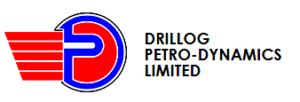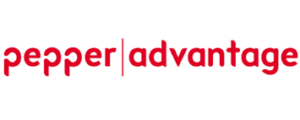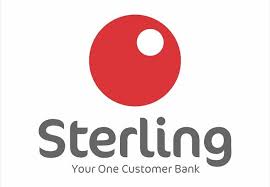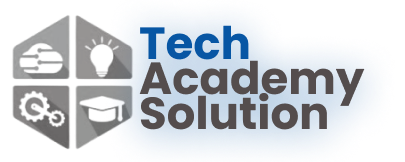Azure DevOps
Let’s help you become a professional DevOps Engineer. You’ll learn all you need to know to become an Azure DevOps specialist and build automated CI/CD pipelines while mastering Azure Repos, Azure Pipelines, Azure Boards, Azure Test Plans, and Azure Artifacts for enterprise-level software delivery.
Next Cohort Starts:
November 1st, 2025
Tuition Fee: N300,000
Class Mode: Online/Virtual Training
Bridge the gap between development and operations – become a DevOps pro." Button: "Start DevOps Training
Our Process

You’ll dive into the world of DevOps culture and practices. Starting with foundational DevOps principles, you’ll explore continuous integration, continuous delivery, and the Azure DevOps ecosystem essential for modern software development lifecycle management.

You’ll master Azure DevOps Services, learning to configure repositories, manage work items, and create automated build and release pipelines. Hands-on projects will reinforce your understanding of version control, agile planning, and deployment strategies.

You’ll implement advanced DevOps scenarios including infrastructure as code, monitoring, and security integration. You’ll learn to optimize pipelines, manage multiple environments, and troubleshoot complex deployment issues in real-world scenarios.
Modules
Introduction to DevOps and Azure DevOps
This foundational unit provides comprehensive coverage of DevOps principles and the Azure DevOps platform. Students will understand the cultural shift required for DevOps adoption, learn about continuous integration and continuous delivery concepts, and explore the five core services of Azure DevOps. Topics include DevOps terminology, benefits of automation, and how Azure DevOps facilitates collaboration between development and operations teams. Students will set up Azure DevOps organizations, projects, and understand the pricing models and licensing options.

Modules
Azure Repos - Version Control Mastery
Students will master Git-based version control using Azure Repos. This unit covers repository creation, branching strategies, pull requests, and code review processes. Advanced topics include Git workflows, merge conflict resolution, branch policies, and security permissions. Students will learn to implement branching strategies like GitFlow and GitHub Flow, understand repository access controls, and configure branch protection rules. Practical exercises include collaborative coding scenarios and repository management best practices.

Modules
Azure Boards - Agile Project Management
This comprehensive unit focuses on Azure Boards for agile project management and work tracking. Students learn to create and manage work items, configure Kanban boards, and implement Scrum methodologies. Topics include sprint planning, backlog management, custom work item types, and reporting dashboards. Students will explore team configuration, area paths, iteration paths, and advanced query creation. Integration with development workflows and traceability from requirements to deployment are emphasized.

Modules
Azure Pipelines - CI/CD Automation
The core unit covering Azure Pipelines for continuous integration and continuous deployment. Students learn to create build pipelines, release pipelines, and multi-stage YAML pipelines. Advanced topics include pipeline triggers, variables, conditions, and parallel jobs. Students will implement automated testing, code quality gates, and approval processes. Container-based builds, self-hosted agents, and pipeline optimization techniques are covered. Real-world scenarios include blue-green deployments and canary releases.

Modules
Azure Test Plans - Quality Assurance
This unit explores Azure Test Plans for comprehensive testing strategies. Students learn to create test plans, test suites, and test cases with detailed step-by-step instructions. Topics include manual testing, exploratory testing, and test result analysis. Integration with automated testing frameworks and continuous testing in pipelines are covered. Students will implement test case management, defect tracking, and quality metrics reporting.

Modules
Azure Artifacts - Package Management
In this unit, students will explore social engineering comprehensively, encompassing its definition, purpose, common goals, scenarios, psychological principles involved, various attack types, human-based threats, and effective defense strategies against social engineering exploits.
.gif&w=640&q=75)
Modules
Infrastructure as Code and ARM Templates
This advanced unit focuses on Infrastructure as Code using Azure Resource Manager (ARM) templates and Bicep. Students learn to create reusable infrastructure templates, implement parameter files, and manage resource deployments through pipelines. Topics include template validation, rollback strategies, and infrastructure testing. Integration with Azure DevOps for infrastructure deployment and management of multiple environments are emphasized.
.gif&w=640&q=75)
LIFE AFTER TRAINING
Where Our Graduates Work
Our talented graduates flourish in leading companies across the globe, making significant contributions to both their personal growth and the organizations they serve. They work in industries ranging from Information technology to Telecommunication, and more.










Sign in
Sign up
TechAcademy Solution
Typically replies within minutes
Any questions related to Azure DevOps?
WhatsApp Us
🟢 Online | Privacy policy
WhatsApp us
